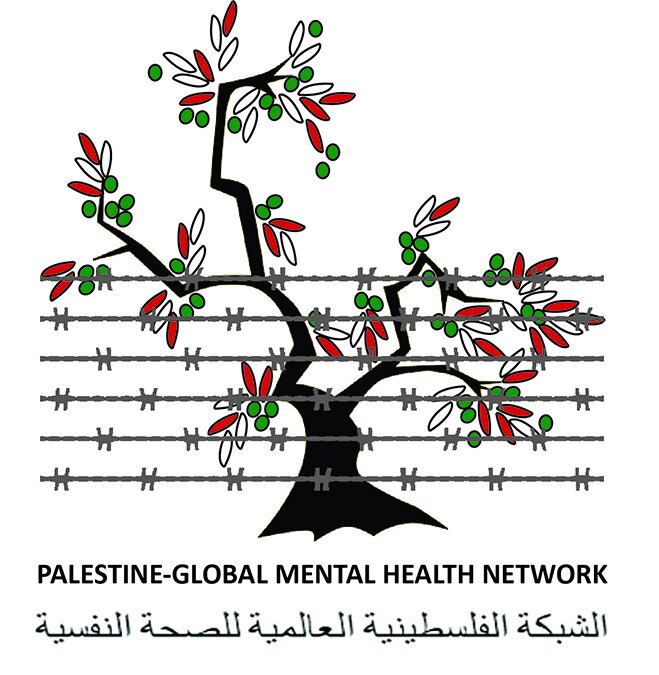To the Honourable Members of the Court:
We the undersigned psychiatrists formally request on urgent medical grounds that the young prisoner Ahmad Manasra be released immediately to his family.
As of this date, permission has been denied for appropriate evaluation to update Ahmad’s clinical status. We base our request therefore upon the 213-page file documenting Ahmad’s previous medical history and upon the April 11 and 12, 2022 interview of Ahmad’s parents, who are allowed to visit him in prison, conducted by one of us (Samah Jabr MD).
Ahmad was born in 2002, enjoying an unremarkable happy childhood. He did well in school and was described as a kind and thoughtful youngster. On October 12, 2015, when Ahmad was 13 and in the 8th grade, Ahmad was involved in violent events. His 15 year old cousin was killed and Ahmad was struck by an automobile and attacked by a hostile crowd. Ahmad was then hospitalized, undergoing surgery for the fracture of the skull with subdural cerebral hemorrhage; photos demonstrate Ahmad handcuffed to his hospital bed. Videos of the subsequent interrogation indicate verbal mistreatment by the authorities.
Since that time, Ahmad has been imprisoned and frequently held in solitary confinement. In 2020, he began to show increasingly disturbed behavior, agitation, fearfulness, and trouble thinking clearly; he assaulted another prisoner and was admitted to a hospital psychiatrically for approximately six weeks. More recently, Ahmad was evaluated on October 24, 2021 by the Israeli psychiatrist Dr. Bar-Haim. following her examination, Ahmad was hospitalized for about ten days; the attending psychiatrist corroborated Dr. Bar-Haim’s view that Ahmad was experiencing a very serious mental disturbance.
Although Ahmad has taken various psychiatric medications, it is not apparent that there has been appropriately timely or consistent follow-up by a treating psychiatrist in the six-month period following the hospitalization in the Fall of 2021—follow-up that might assess the rationale, benefits, side-effects, and long-term risks of his medication regimen; we also note the lack of regular ongoing clinical care by a practitioner who can speak with Ahmad in his native Arabic language with the appropriate cultural background. His current solitary confinement is of four months duration.
Parents report currently that Ahmad talks about death, has no motivation to do anything, and spends his time sleeping and crying. Parents describe that Ahmad’s psychological functioning appears to have undergone a total collapse and that they and fear for his life.
We would highlight that Dr. Bar-Haim’s report includes the following medical judgment: Continued incarceration will inevitably lead to a deterioration in his illness and the creation of an unavoidable evolution towards disability…. A therapeutic framework must be provided, which will include psychiatric support, and a therapeutic system of rehabilitation tailored to his needs and the personal circumstances of his life (translated by the undersigned).
In full agreement with Dr. Bar-Haim, we wish to express grave concerns that Ahmad is suffering from a very serious and perhaps life-threatening condition. The potential contributing factors are complex: both traumatic brain injury and prolonged solitary confinement may lead to severe disturbances of memory, judgment, thinking, mood, and capacity to evaluate reality. We note too, the complete loss of parental, family, social, communal, and educational supports that Ahmad has endured since the age of 13, as well as the many terrifying traumas that he has experienced. Our review of Ahmad’s reported condition and his lengthy medical chart impress upon us the lack of appropriate medical, neurological, neuropsychological, and psychiatric evaluation and follow up.
In view of these many factors, we respectfully appeal to this Court to release Ahmad Manasra
immediately to the care of his family. Only when released from prison, in our view, can ongoing harms to his mental condition be halted and further damage prevented; only when released from prison can he receive the appropriate comprehensive medical, neurological, and psychiatric evaluation that is clearly indicated and indispensable, as well as the subsequent development of a humane treatment plan consistent with its diagnostic findings.
Samah Jabr MD, Psychiatrist; trauma expert
Head of the Mental Health Unit at the Ministry of Health in Ramallah
Assistant Clinical Professor, George Washington University
Graduate of the Israeli Institute of Psychoanalytic Psychotherapy, Jerusalem
Brooke Maddux MD, M. Phil., licensed Physician and Psychiatrist in France
Consulting psychiatrist at the Centre de Reeducation Fonctionnelle of St Blancard in France (specialized in the treatment of the brain-damaged), ex-trainee with Dr. Yehuda Ben-Yishay at New York’s Brain Injury Day Treatment Centre
Elizabeth Berger MD, MPhil., licensed Physician in New York
Child Psychiatrist
Diplomate, American Board of Psychiatry and Neurology
Diplomate, American Board of Child and Adolescent Psychiatry and Neurology
Associate Clinical Professor, George Washington University
May 17, 2022
